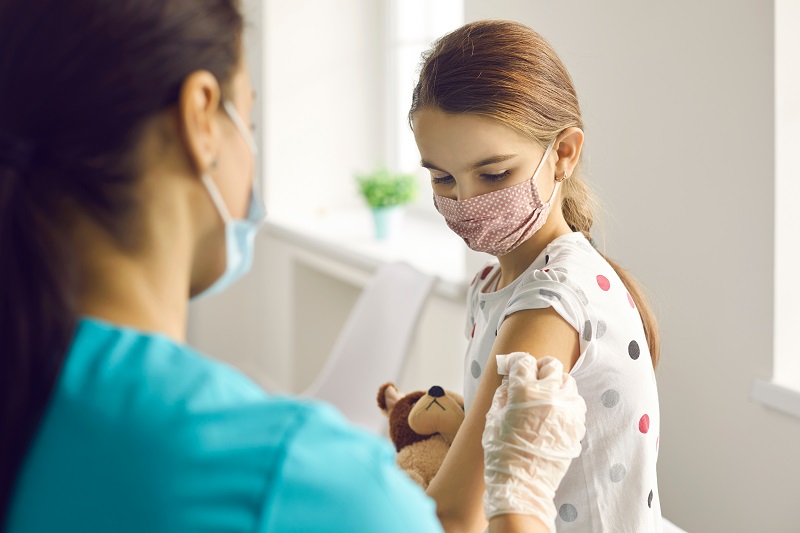
Approximately 20% of parents of children with asthma reported that they were unlikely or very unlikely to vaccinate their child against COVID-19, but certain factors made parents more likely to vaccinate their child, according to a recent study.
Olivier Drouin, MD, of CHU Sainte-Justine, and colleagues conducted the study and published its results in BMC Public Health.
The researchers conducted the cross-sectional, exploratory, observational online survey in August 2020. A total of 305 participants completed the survey. Nearly all participants (94.4%) were mothers, and most reported a university level of education (68.5%). The primary outcome of the study was the parent’s answer to the question on their intent to vaccinate their child against COVID-19. Independent variables included sociodemographic status, clinical data, psychological and cognitive data, and risk perception related to COVID-19.
Nearly one-fifth (19.1%) of parents reported that they were unlikely or very unlikely to vaccinate their child with asthma against COVID-19, with a similar number (21%) of parents reporting they were unlikely or very unlikely to get the vaccination themselves. However, most parents (63%) reported they are likely or very likely to have their child with asthma vaccinated, and 64% are likely to get themselves vaccinated.
Several independent variables were associated with parents’ decisions to vaccinate their child with asthma. Higher parental level of education (P=.003) and active parental employment status (P<.001) were both significantly associated with parents’ intention to have their child with asthma receive a COVID-19 vaccine. Parents of girls (P =.019), parents of a child with another chronic disease (P=.028), parents who had their child vaccinated against influenza in the past (P<.001), and parents who had contact with a health care provider since the start of the pandemic (P=.009) were also significantly more likely to have their child with asthma receive the vaccine.
Parental sex, age, and COVID-19-related level of concern had no significant effect on parents’ likelihood to get their child with asthma vaccinated against COVID-19.
“A major finding of this study emphasizes that at the time of the study, when neither adult nor children COVID-19 vaccination was available, household vaccination decisions revolved more around the child,” Dr. Drouin and colleagues wrote. “Our models suggest that once parents decided to have their child vaccinated, there is a high probability that they, too, would agree to get vaccinated. Other studies in health prevention have shown similar results where preventive behavior decisions centered around the child. For example, for both bicycle helmet use and oral health habits, presence of a child in the household helps parents change their own health behaviors.”
The results, which show there are many factors influencing parents’ decisions to get a child vaccinated, can help guide potential educational strategies for parents of children with asthma.
“These findings are essential in planning for the communication and dissemination of COVID-19 vaccination information to parents, especially for children with asthma or other chronic medical conditions,” Dr. Drouin and colleagues concluded.
Drouin O, Fontaine P, Arnaud Y, Montmarquette C, Prud’homme A, Da Silva RB. Parental decision and intent towards COVID-19 vaccination in children with asthma: an econometric analysis. BMC Public Health. 2022;22(1):1547. doi:10.1186/s12889-022-13933-z


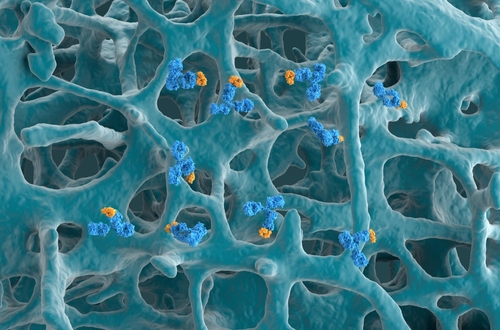
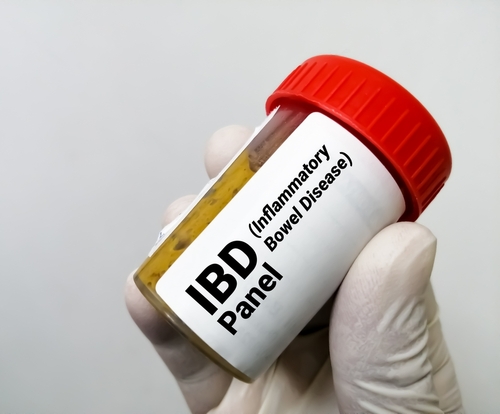
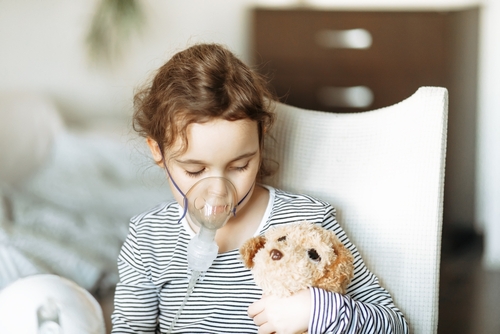
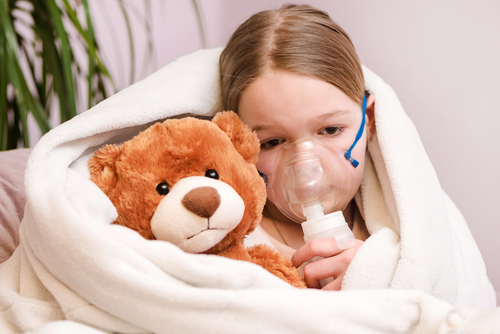

 © 2025 Mashup Media, LLC, a Formedics Property. All Rights Reserved.
© 2025 Mashup Media, LLC, a Formedics Property. All Rights Reserved.